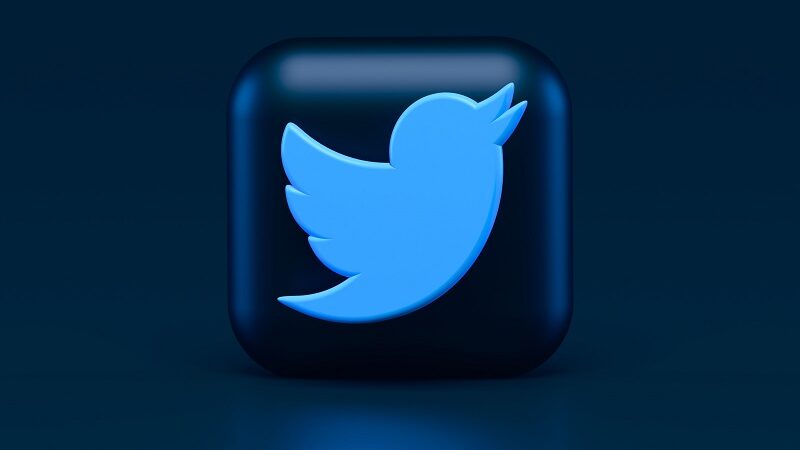Russian authorities have slowed down Twitter’s services in Russia and threatened to block them. Allegedly, the issue is illegal posts on the platform. Critics suspect a political motivation.
Since today, Wednesday, the short message service Twitter has only been running at a slowed down speed in Russia. This was announced today by the state media regulator Roskomnadzor.
The authority cited around 3,000 posts with allegedly illegal content relating to child pornography, self-harm and suicide as the reason.
Russia: Twitter slower on all mobile devices
Russia allegedly asked Twitter a total of 28,000 times between 2017 and 2021 to delete such content that violated Russian law. However, Twitter had ignored this.
Thus, Twitter slowed down in Russia on all mobile devices and for 50 percent of all desktop users.
If Twitter does not comply with the demands to delete the content, the network will be completely blocked in Russia, he said. But there is still hope that the platform will behave “constructively,” Roskomnadzor said.
In fact, the said content would also violate Twitter’s own guidelines. The social media company, however, has not commented on the incidents so far.
Slowdown politically motivated?
Social media experts, on the other hand, (also) suspect a political motivation behind the Twitter throttling. After all, platforms such as Twitter and Facebook are also considered communication networks for supporters of Kremlin critic Alexei Navalny in Russia. This even resulted in protests in Russia.
Governments in Turkey or India have also recently severely restricted the use of social networks, and even threatened Twitter executives with prison sentences.
Kremlin spokesman Dmitry Peskov, in turn, told the AP news agency that the Russian government does not want to block anything, but only to comply with laws.
Social networks have been repeatedly criticized recently for failing to delete dangerous content in a timely manner. Recent examples include dangerous challenges on Tik Tok, problematic financial tips on Reddit, and videos of the Capitol attacks in the U.S. on Facebook and YouTube.










